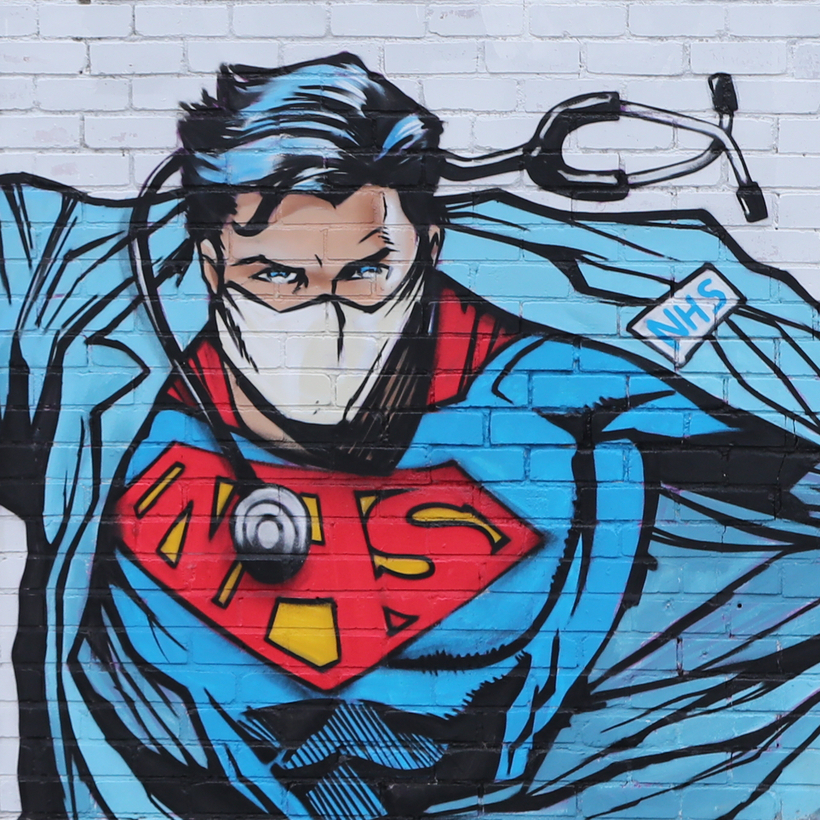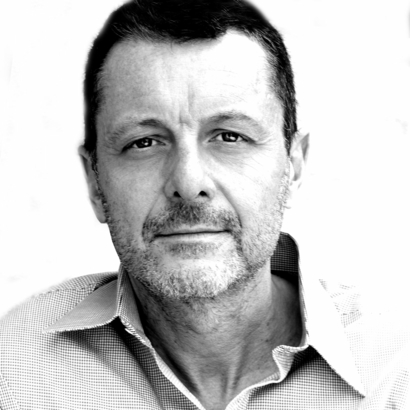The U.S. government has a long history of blue-ribbon panels to investigate national calamities that become turning points in American history, from Pearl Harbor to the 1986 space shuttle Challenger disaster to the 2008 financial meltdown. Now the country confronts two cataclysmic events at once: the coronavirus pandemic and the national furor over racial violence and law enforcement that began with the killing of George Floyd.
Congress is hurrying to deal with the second crisis by writing laws to rein in abusive policing. But there is no obvious legislative fix to a global health emergency. So the common wisdom on Capitol Hill is that, eventually and perhaps soon, there will be a federal commission to investigate the coronavirus outbreak—more specifically, how the U.S. found itself so disastrously unprepared for a medical emergency that has left 120,000 Americans dead and devastated the economy, throwing tens of millions of people out of work. At least four pieces of legislation are circulating on Capitol Hill to create a virus commission, and two already have what currently passes for bipartisan support.


